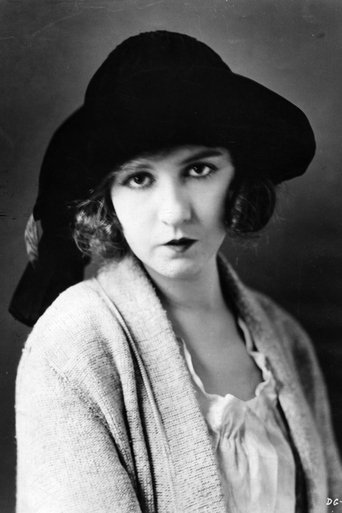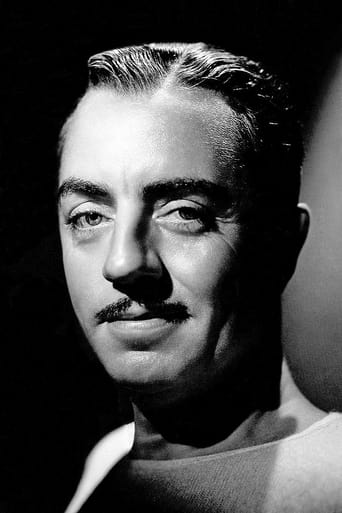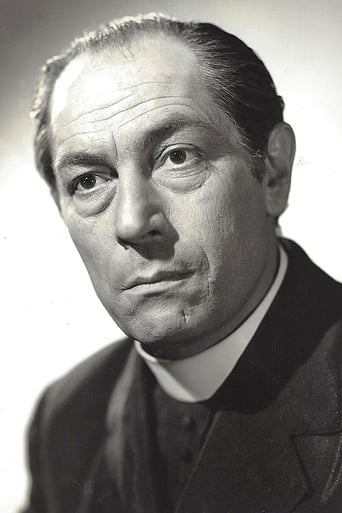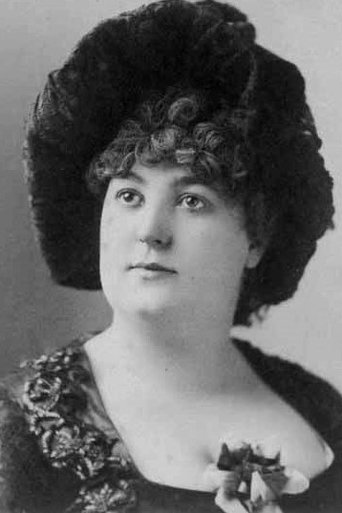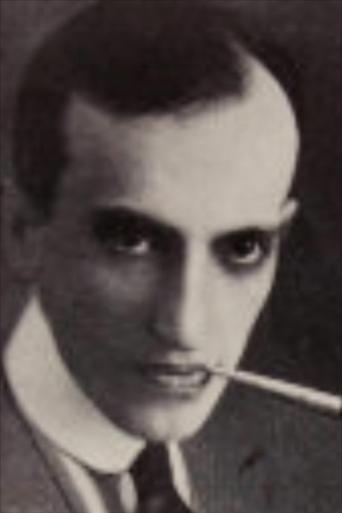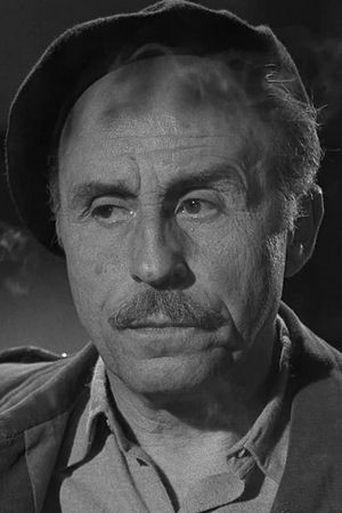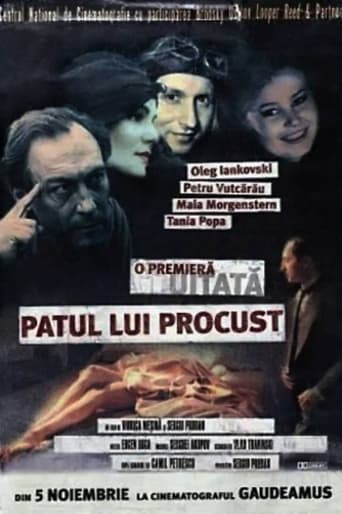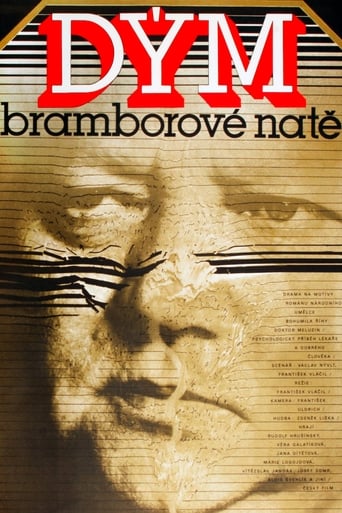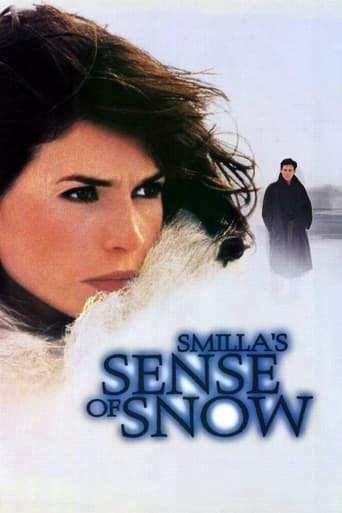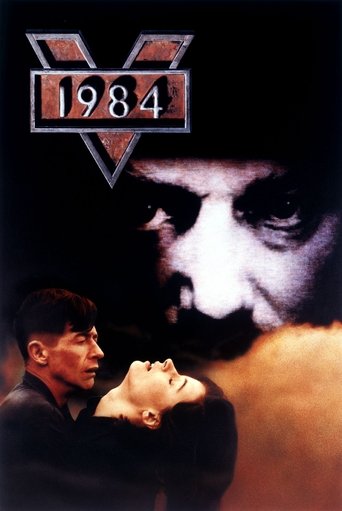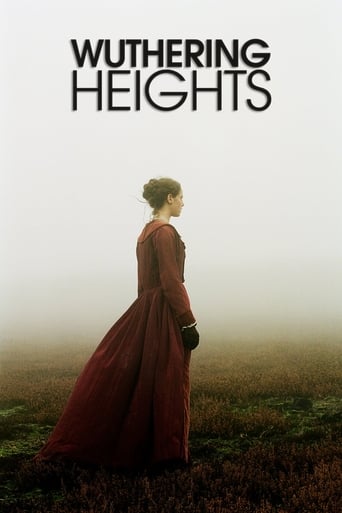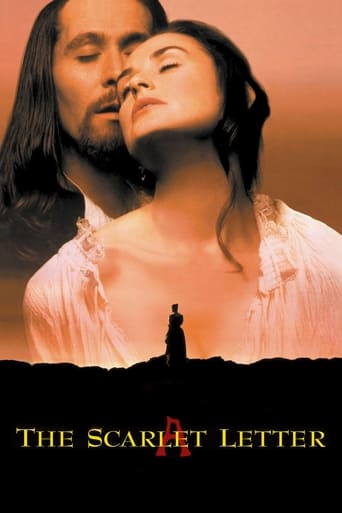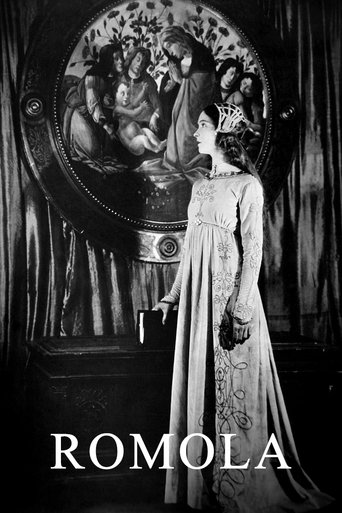
Romola (1924)
In Renaissance Florence, a Florentine trader meets a shipwrecked stranger, who introduces himself as Tito Melema, a young Italianate-Greek scholar. Tito becomes acquainted with several other Florentines, including Nello the barber and a young girl named Tessa. He is also introduced to a blind scholar named Bardo de' Bardi, and his daughter Romola. As Tito becomes settled in Florence, assisting Bardo with classical studies, he falls in love with Romola.
- Henry King
- Joseph C. Boyle
- George Eliot
- Will M. Ritchey
Rating: 6/10 by 2 users
Alternative Title:
Die Hochzeit von Florenz - DE
ロモラ - JP
Country:
United States of America
Language:
English
Runtime: 01 hour 46 minutes
Budget: $0
Revenue: $497,234
Plot Keyword: based on novel or book, florence, italy, silent film, renaissance
It's actually quite hard to get excited about this rather dreary adaptation of George Eliot's quite gripping story of love and survival during the turbulent events in late 15th century Florence. As was common at the time of her writing this story (1862), she used language to expertly craft and deliver a tapestry of interwoven themes and characterisations that created a rich, multi-layered series of themes. Well, sadly for this, much of these have been thrown under the bus, and we are left with the two Gish sisters in a melodramatic tale of deception and intrigue all right, but not amongst the Machiavellian-style politics of the time, but of the pair and their romantic interludes with the manipulative chancer "Tito" (William Powell) - who is married to one of them, and having an affair with the other. He, not so astutely as it turns out, uses the deposition of the Medici to rise to greatness in the city - sacrificing his love and his honour en route to the top. History tells us that can never last and.... It's a good looking film - the imagery and direction (from Henry King) provide for a well presented film to look at; the camera - as ever- loves Lillian Gish, and Ronald Colman has quite a charm as "Romola" needs saving by the end, from herself as much as from anything else. There are also some good scenes as Savonarola (Herbert Grimwood) preaches to the ever angry mobs and of the mob itself in full flow - but I just felt this ws adapted more to accommodate the technology available, instead of staying true to much of the book. Silent film enthusiasts may enthuse - but otherwise, It's a good cast, largely just going through the motions.


